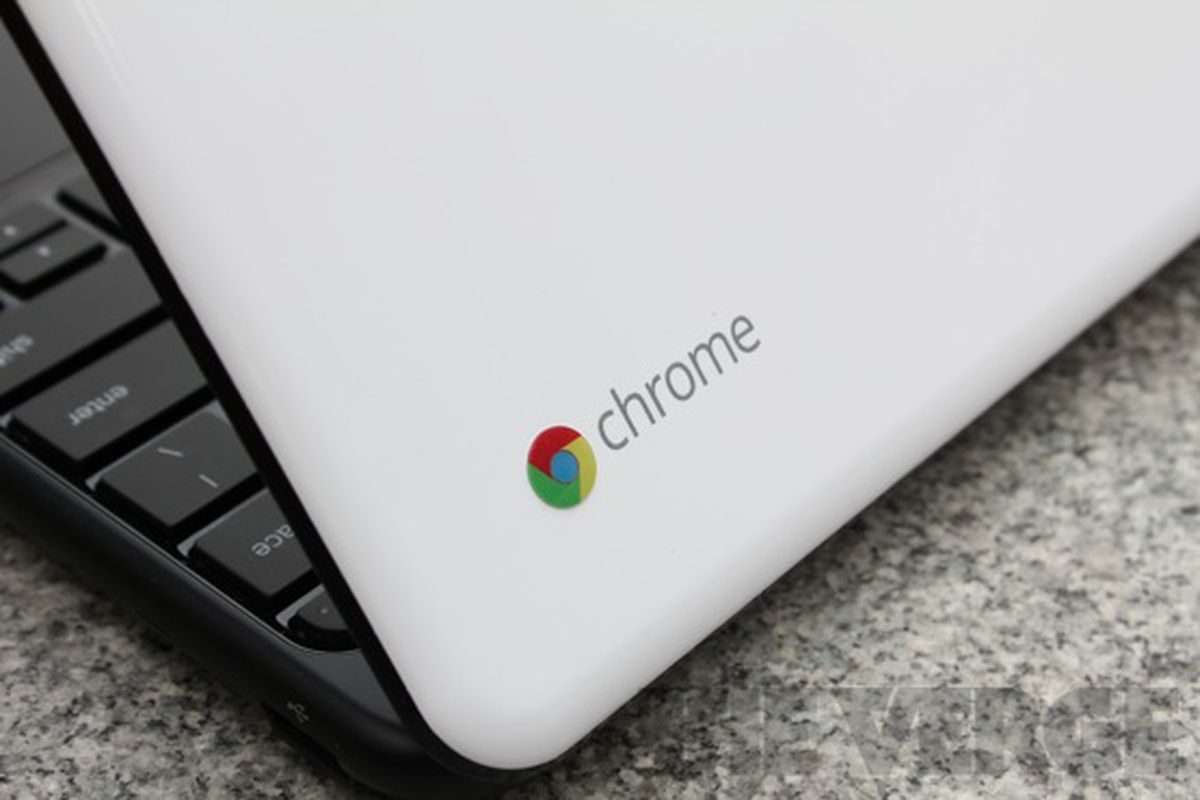Google is now looking to develop its own ARM-based CPU for Chromebooks so that it can have more control over the devices. Google’s latest investment in ARM chips does not come as a surprise given the popularity of ARM-based chipsets with consumers and enterprises alike.
Google has been developing the Google Chromebook for quite some time now, and it appears as though they are ramping up hiring for those who have experience in semiconductor and hardware development.
A lot of companies want to produce their own chips because they can tailor them specifically to what they need them for- like how Apple produced its own A series chip and now producing M1 series for laptops.
Google’s emphasis on developing its own chips reflects the industry’s trend toward more independence in chip design. Amazon, Facebook, Microsoft, Tesla, Baidu, and Alibaba Group Holding are all scrambling to develop their own semiconductors for cloud services and electronic products.
This approach potentially lowers costs and improves security at the same time, which is why it has become so popular. On the other hand, Google is not hiding its ambitions.
The company is increasing its efforts to develop mobile processors for its Pixel smartphones and other gadgets, according to sources close to the company, after announcing that it will use in-house processor chips for the first time in its forthcoming Pixel 6 series.
The ARM chips that the Google team is developing are based on the chip blueprints of Softbank-controlled British hardware firm Arm, whose intellectual property is utilized in more than 90% of the world’s mobile devices.
Additionally, the firm is anticipating that the Pixel 6 series will be a huge success and has requested suppliers to increase production capacity by 50% over pre-pandemic levels in 2019. According to research company IDC, Google sold more than 7 million Pixel phones in 2019, but just 3.7 million smartphones the year after as COVID decimated the globe.
Google informed several vendors in recent meetings that it sees significant growth potential in the worldwide market due to its status as the only US smartphone manufacturer with Android operating system.
However, the high cost of developing chips and the long-term commitments involved have deterred many companies from pursuing this path. All of these new tech chipmakers competing for production capacity with existing top chipmakers such as Intel, Nvidia, Qualcomm, and others need to contend with.





